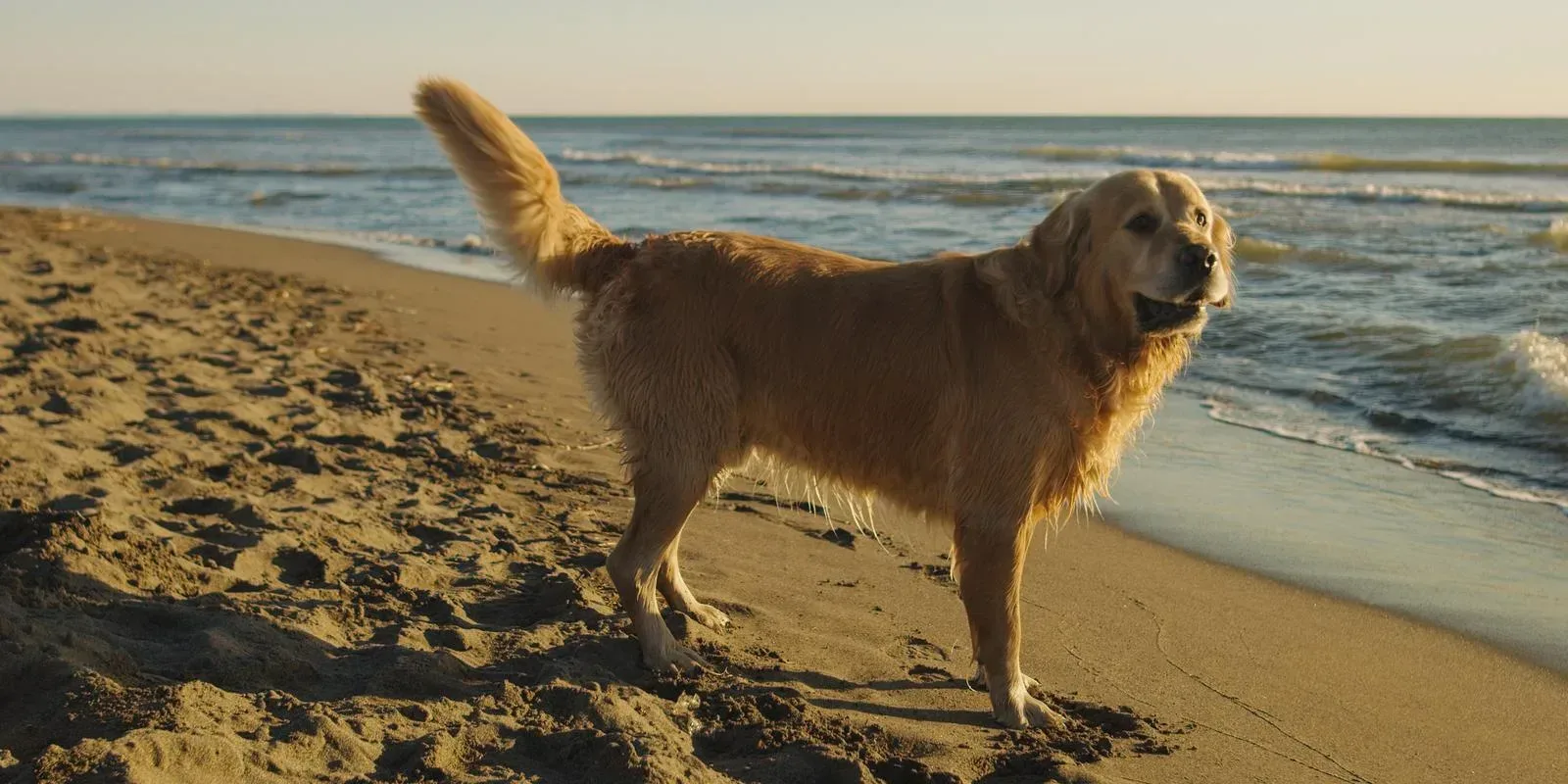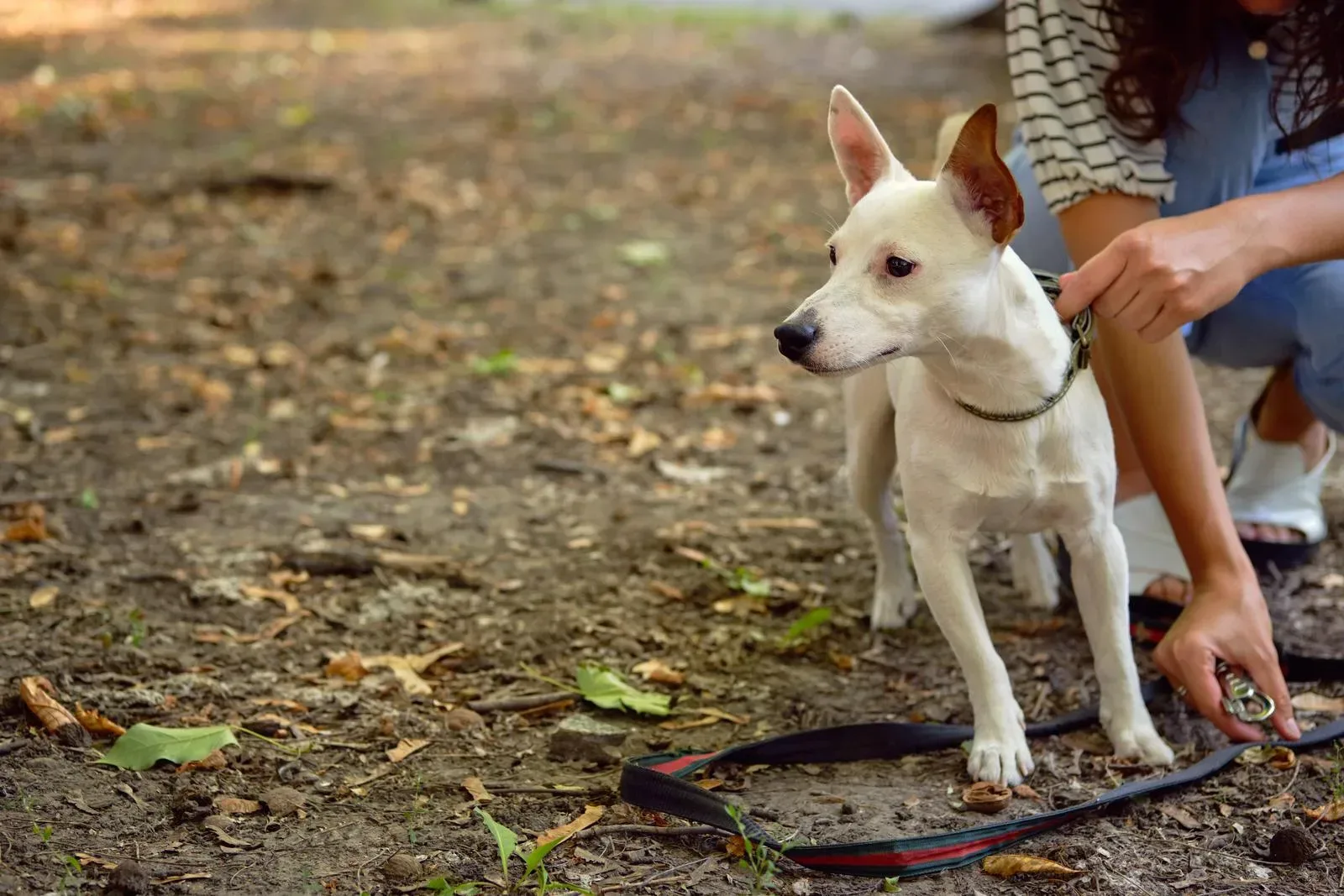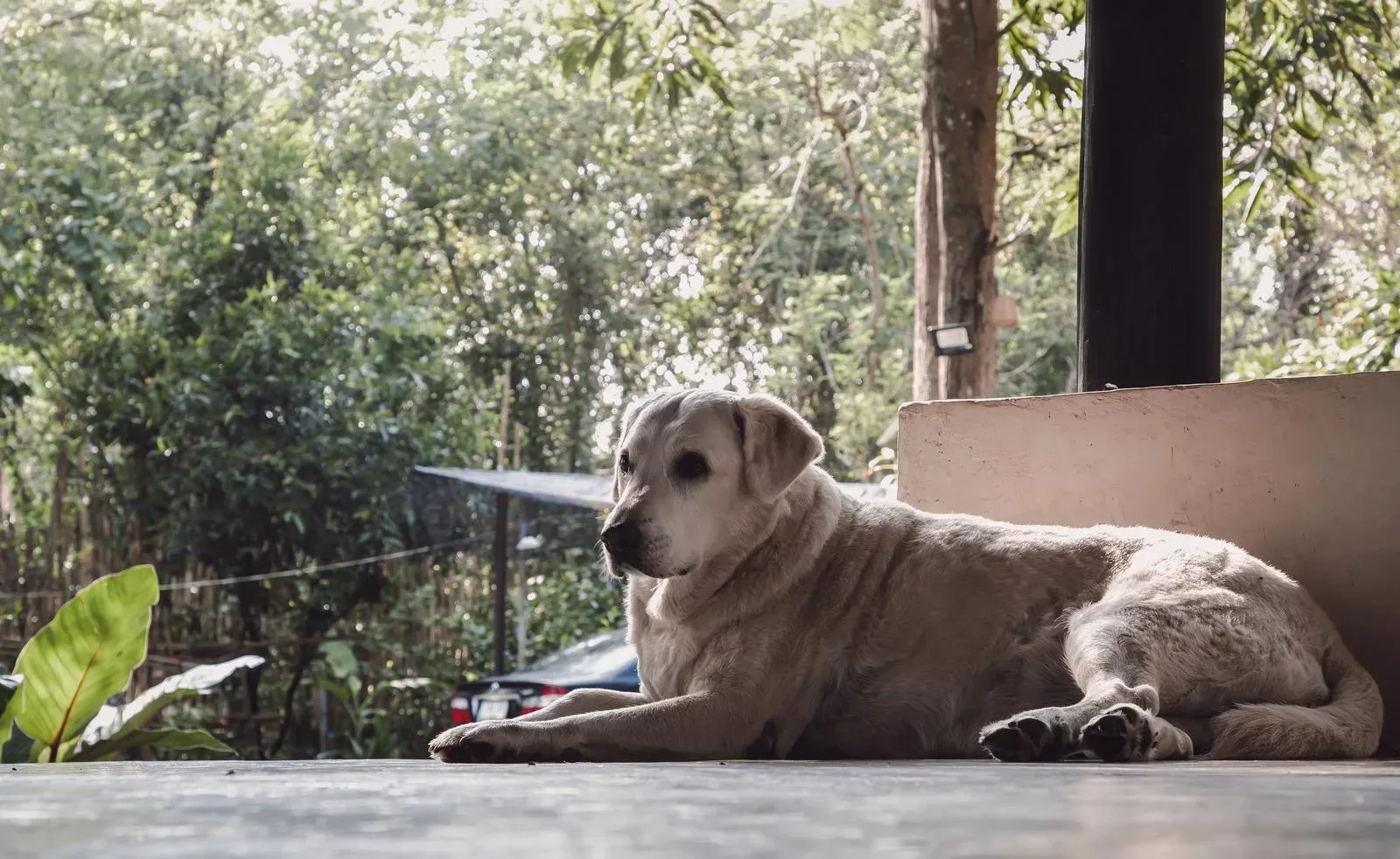
Special basenji characteristics dog breed
If you’re considering getting a Basenji as your next pet, you’ll want to know a few of its unique characteristics. This cat-like dog breed sheds virtually no hair, is intelligent, and is highly athletic. Read on to find out more. And while you’re reading this, be sure to check out the Basenji’s coat to see if it matches your personality. If it does, you’ll want to invest in a coat that can withstand the exercise.
Basenji is a cat-like dog
The Basenji is an intelligent, feisty, independent and sociable hound. They are not typically aggressive with people or other dogs, but do get along with all other dogs. Despite their stubbornness and independence, Basenjis have a high level of energy, and it can take up to two hours per day to train them. They also require constant mental and physical stimulation. These dogs make excellent companions, but they do not get along with cats and other small dogs.
A Basenji’s low shedding coat requires very little grooming. They do not typically have an overcoat or smell, so they don’t require bathing regularly. The Basenji will also benefit from brushing their teeth two to three times a week, which will remove plaque and tartar buildup. Brushing your Basenji at least twice a week will help prevent gum disease and bad breath.
It sheds little to no hair
The Basenji is a hound breed that sheds little to no hair. Its short, silky coat requires only occasional brushing. The breed is known to have no barking and produces no unpleasant vocalizations. If you’re concerned about the amount of hair your Basenji is losing, make an appointment with your veterinarian and get him tested. Hypothyroidism and Cushing’s disease can also cause increased shedding.
The Basenji dog breed originated in Africa. It uses its scent and sight to hunt. Their first uses included flushing small game into hunters’ nets and controlling village rodent populations. Today, they make wonderful family pets and are considered a purebred breed. While you can easily find a Basenji in a shelter or through a rescue organization, you may also have to search for a puppy that has not been rescued.
Though some other breeds shed a lot of hair, the Basenji is a great choice for people with allergies or sensitive skin. The short, sleek hairs shed very little and are barely noticeable, except on dark-colored fabrics. However, a weekly brushing can minimize the amount of hair that your Basenji sheds. For these reasons, Basenjis are often referred to as “barkless” dogs.
It is intelligent
Basenjis have many special traits, including intelligence. The breed is prone to progressive retinal atrophy, a degenerative disease affecting the eye. The early symptoms of PRA include dilated pupils and dry skin. A genetic test can detect this disease, which is a serious condition. In severe cases, replacement hormones are administered through a pill. For those who are concerned, the symptoms of PRA in Basenjis are akin to those of an overactive thyroid.
While the Basenji is highly intelligent, it is also aloof at times. They tend to remain alert to unfamiliar people and may hesitate at first when meeting new faces. But once they know you and trust you, they will become very affectionate and devoted. Although Basenjis can be friendly with children, they may hesitate when introduced to strangers. If raised with children, a Basenji can get along with other pets, although it is recommended to keep smaller animals away from them.
The breed was first bred in Africa as a hunting dog and was formerly known as a Congo derrier. They were bred to be active and were formerly used for hunting, but are now mostly used as family pets. Although they are not as active as their hunting ancestors, they make good companions and are very obedient. However, basenjis can be very protective and need early socialization.
It is athletic
The Basenji is a unique dog breed with an unusual temperament. Not as popular as Labs or Golden Retrievers, the Basenji is very different. It’s a very unique dog that enjoys time with people and family, but also enjoys spending time alone. Here are some interesting facts about the Basenji:
The Basenji originated in Africa, where they are closely related to other ancient domesticated breeds. It was from this African region that this breed gained worldwide fame. From there, these dogs were exported to Egypt where they were given to the pharaohs. Some ancient Egyptian relics even show the Basenji breed. In addition to the Egyptians, the Basenji is also depicted in Mesopotamian and Egyptian artwork.
The Basenji is one of the most athletic dogs on the market. Despite its small size, this medium-sized hunting dog breed is able to reach great heights, with a mighty stride. The breed is known for its distinct yowl, an unusual vocalization that resembles a cat. Basenjis were originally brought to Africa as gifts for pharaohs, but have also been used as hunting dogs in the Congo. There, the Basenji is revered by locals for its speed and aptitude.
It is feisty
Basenjis are among the most popular breeds of dog. They are very playful and energetic. Basenjis are not good for households with children, as they do not like to be petted often. Children should be taught how to properly handle a dog, and they should not approach the dog while it is eating or playing. Children should never leave a Basenji alone with a small child. This breed is not recommended for those who have a history of allergies, as it contains a harmful allergen in its dead skin. People with weak immune systems should avoid a dog with such a temperament.
Basenjis require a lot of exercise, and they need at least 40 minutes of vigorous exercise daily. Since they are great climbers, they must have a secure yard. If you have children at home, you should consider enrolling your dog in obedience classes or taking training classes for this breed. Although you should avoid water, Basenjis can get tired quickly and need plenty of exercise. They also need daily walks, and should be fenced in.
It is aloof
The Basenji is a popular dog breed, but it is also one of the most aloof. Its high prey drive and lack of recall make this breed unsuitable for families and children. Aside from being aloof, this dog breed is also a popular pet in Japan. Shibas are champion dogs and have an aloof, but confident personality. Here are some tips for choosing a Basenji for your family.
As an aloof dog breed, the Basenji is often untrusting of strangers and very independent. These dogs do best with older children as younger children can overwhelm them. While they are very intelligent, Basenjis are difficult to train. Their stubborn nature means they do things their way, so they should be given plenty of exercise. They are also notorious for chewing on anything they find interesting. Never leave something dangerous within their reach.
While Basenjis are highly loyal to their pack, they tend to be aloof and unsociable around strangers. They need a lot of exercise and a secure yard. Basenjis are also known to be wanderers and need a leash and patience. They are also highly energetic and are not good for small children and should be handled with care. When used correctly, these dogs can make great pets.
It is independent
The Basenji is an independent dog breed, with a high energy level. They are generally good with young children but should not be left unsupervised around young children. It is important to train your Basenji to behave around small children and never let them approach the dog while it is eating. Similarly, never let your Basenji approach and take a bite out of your child’s food. If your child is curious about the Basenji’s food, then you should introduce him to other dogs and small animals early on. Once you’ve introduced him to outdoor animals, he will be familiar with them and will know who belongs to the family.
The Basenji’s ancestors lived in Africa, as semi-feral dogs. This ensured that the breed remained relatively untouched by crossbreeding. People living in what is now the Democratic Republic of the Congo trained basenjis to hunt for them. These dogs were prized for their keen sense of smell and athleticism. They were eventually brought to the United States and introduced slowly to the United States. AKC recognition came in 1944, but it is rare to see a basenji in North America.
It is hard to train
A basenji’s independence and intelligence makes it hard to train. The dog’s hardheaded nature can make training difficult, but the end result is a well-behaved, loving pet. Listed below are some tips for training your Basenji. Keeping these tips in mind will help you get started on your Basenji training adventure. If you’ve had a hard time training your Basenji, don’t worry! We’ve got some advice for you!
While the Basenji is an intelligent and affectionate dog, it is not easy to train. Basenjis have a stubborn streak and often don’t listen to instructions. You may think they don’t care about your training, but they use this intelligence to get what they want and demand attention. You should spend as much time as possible with your new puppy, as it can become difficult to teach it basic commands and tricks. It’s a good idea to invest in a training video before you get your Basenji.
One tip that can help you train your Basenji is to stop the dog’s resource guarding. Whether it’s from chewing on your shoes or stealing food from your trash can, you can learn how to stop this behavior with a dog behaviorist. You should also teach your Basenji to respect small animals. Make sure to raise your Basenji around them so that he can accept them as family. In addition to obedience training, the Basenji needs regular walks outside to stay fit and healthy.


